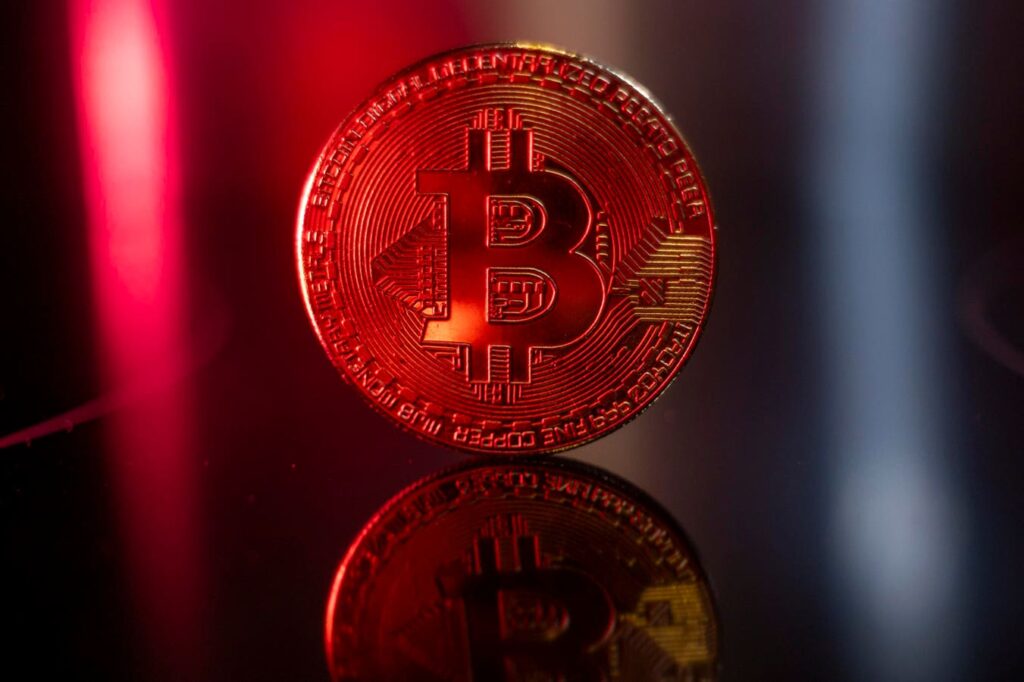Bitcoin price
NurPhoto via Getty Images
Bitcoin’s price just hit an all-time high at $124,688, pushing its market cap past $2.47 trillion. As Wall Street debates whether it’s a risk-on or risk-off asset, BlackRock says it’s something else entirely.
Before we go any further, let’s get one thing out of the way. Bitcoin is not a currency and it will never ever become a currency as it was originally envisioned. A decentralized means of exchange is a lovely democratic idea, and you can debate its merits against fiat money day and night.
But the truth is, no government (left or right) will ever let a decentralized currency run its books and take away its ability to control monetary and fiscal policy.
A good example is the Great Depression. In 1931, the US was in the midst of the worst financial crisis in history. But unlike today, the Fed’s hands were mostly tied. It couldn’t print more dollars to prop up the economy because the currency was linked to gold.
So Franklin Roosevelt passed Executive Order 6102, later dubbed the “Great Confiscation.” In short, it forced Americans to turn in their gold and sell it to the government at well below market rates.
Banning Bitcoin today would be a political walk in the park compared to the Great Confiscation and other measures governments have taken in the past. But that doesn’t mean Bitcoin is worthless.
That’s because it doesn’t compete with paper money. It competes with insurance against paper money.
So the real story behind Bitcoin’s rise today isn’t the price but how quickly institutions are adopting it and how much it’s grown out of a speculative asset label into something of a “hedge.”
Last month, BlackRock stopped just short of naming Bitcoin a risk-off asset, calling it a unique “diversifier.”
There are a few reasons. First, Bitcoin has a relatively low correlation with stocks.It has little to no exposure to the macro variables that drive traditional assets. And it’s well positioned for global monetary instability because it’s not tied to any jurisdiction.
Perhaps more interestingly, Bitcoin has risen in six out of six major global crises within 60 days since 2020 — more often, and at a much higher rate, than gold.
“In most instances, including with the recent global market sell-off of April 2025, bitcoin has recovered back to its prior level within days or weeks, and in many cases has rallied further as a recognition of the positive potential impact of such disruptive events on bitcoin’s fundamentals begins to predominate,” wrote BlackRock analysts.
So even if Bitcoin never becomes a currency (and it won’t), it can still carry a lot of perceived value as a “unique diversifier,” “store of value,” or a digital alternative to gold if you will.
After all, gold is not a legal tender (with few exceptions), you can’t buy anything with it, and its industrial/jewellery applications make up just a sliver of demand. Yet private investors, institutions, and central banks still hold $26 trillion worth of it, just in case.



